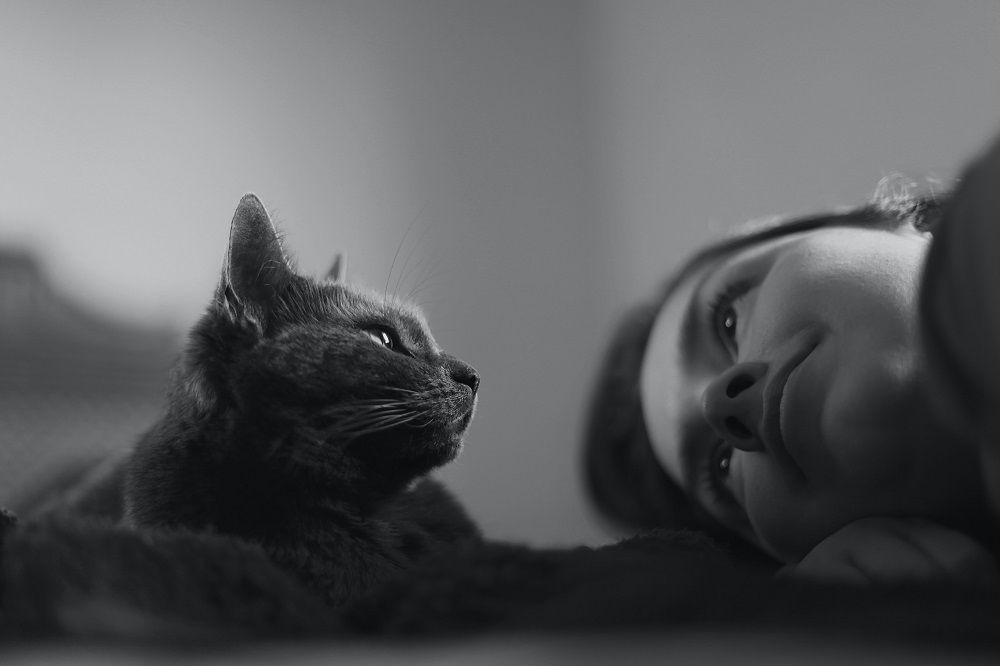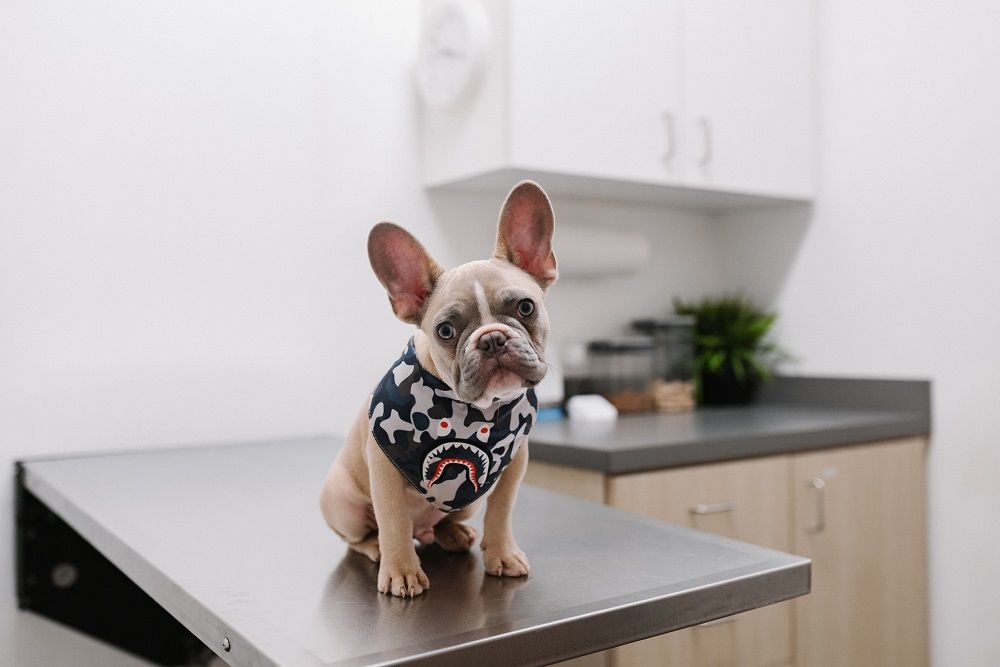Vaccinating your pets helps to protect them against common diseases like rabies, Parvovirus, Hepatitis, Kennel Cough, and many more. Vaccinations can prevent your pets from getting sick, resulting in very costly vet bills or even death.
If you’re looking for a pet or pet accessories, visit Junk Mail today.
 Photo by Silvana Carlos on Unsplash
Photo by Silvana Carlos on Unsplash
What are vaccinations?
A vaccination is a procedure that helps to protect your pets against certain diseases. While this procedure helps to prevent illness, it’s not useful as a cure if your pet is already infected. It’s important to note that vaccines don’t offer your pets foolproof protection, but the procedure helps them to resist the disease or get better faster if they do become sick.
When your pets receive vaccinations, they produce antibodies. The vaccination helps them to develop a defensive level of antibodies, which boosts their immune system so that it is better able to combat diseases in the future.
Why is vaccinating your pets so important?
- To protect your pets from diseases
- To prevent diseases from spreading in the canine or feline population
- Your pet may require vaccinations to travel with you
- Many kennels and dog trainers require your pets to be vaccinated if you want to use their services
- Even if you keep your pets indoors, many contagious diseases are spread by air so they’re still at risk of infection
When and where to vaccinate
Vets are responsible for administering vaccinations to your pets. Puppies and kittens receive primary vaccinations to ensure that their immune system reaches a suitable level of protection. Before your puppies or kittens have completed their initial vaccinations, you should limit their exposure to other animals and places as they’re not fully protected yet.
Once your puppies and kittens have received their initial course of vaccinations, you’ll need to take your pets for a health check once a year where they will receive a vaccination. Should there be an outbreak of a specific disease in your area, it’s advisable to contact your vet for additional advice.
 Photo by Karsten Winegeart on Unsplash
Photo by Karsten Winegeart on Unsplash
How do they do it?
Vaccinations are administered using a small injection, which is placed under your pet’s skin. It’s important to let your pet rest in the 24 hours after the vaccination. If they are still subdued after this period or if you notice any changes in their behaviour, you’ll need to contact your vet.
What are the risks involved?
While most pets don’t experience any side effects from vaccinations, this procedure can cause fever or loss of appetite in some animals. These symptoms are typically mild and only experienced for short periods. In very rare instances, your pet may have an allergic reaction to the vaccination. Monitor your pet after their vaccination and seek help from your vet if necessary, as an allergic reaction can be treated if you get the right medical care straight away.
While vaccinating your pets is important, there are arguments that suggest that animals are being vaccinated too frequently. It’s advisable to do your own research and to get additional information from your vet so that you can make an informed decision. Make sure that you maintain your pet’s medical records so that you can keep track of the vaccinations they’ve received.
What are the different types of vaccines?
The different types of vaccinations are divided into the categories of core and non-core vaccinations. The core vaccinations are administered to all pets across the country because they help to prevent your pets from contracting serious diseases that are widespread. Non-core vaccinations are only administered in certain areas where there is an outbreak of a specific disease or when there are circumstances that make your pet more likely to contract the disease. Discuss the risks and benefits of the non-core vaccination with your vet before deciding whether they are right for your pet or not. In South Africa, you can expect your pet to receive vaccinations against the following diseases:
- Canine distemper
- Leptospirosis
- Hepatitis
- Parainfluenza
- Parvovirus
- Rabies
Now that you know more about vaccinating your pets, you can contact your vet to get more information. Researching the various vaccinations and getting medical advice from your vet will ensure that your pets are kept in good health.
If you are looking for a new pet or pet accessories and toys, visit Junk Mail today.





